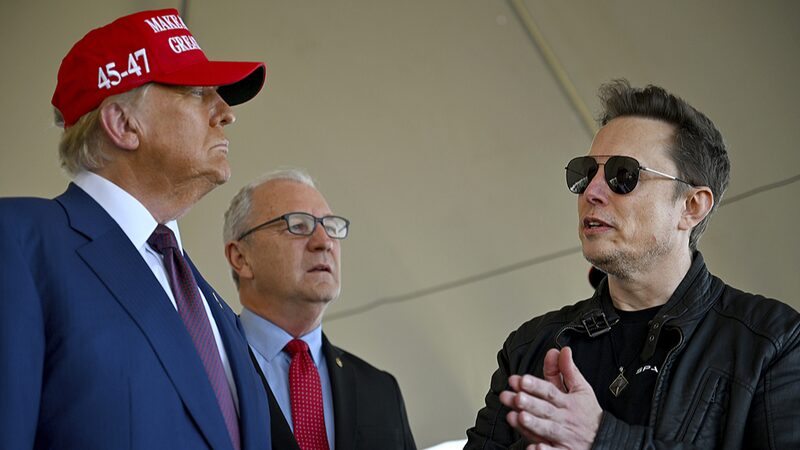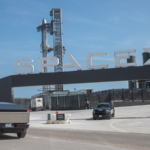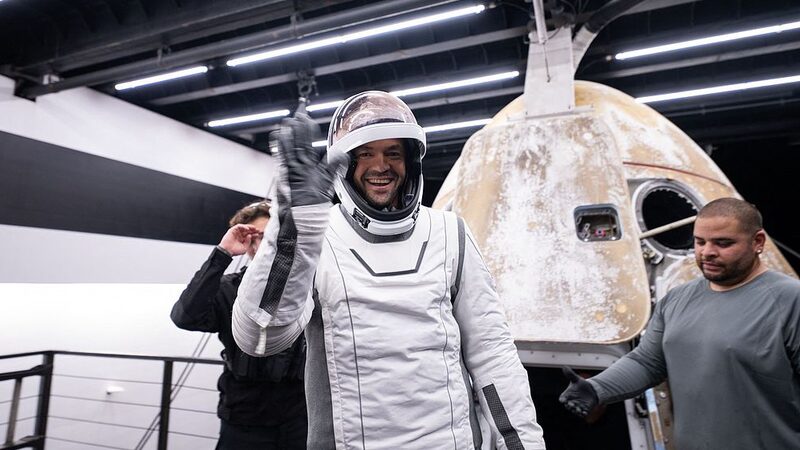President-elect Donald Trump has openly supported billionaire tech CEO Elon Musk in a public dispute over the H-1B visa program, signaling a potential shift in his administration's approach to skilled foreign workers. This stance comes as a surprise to some of his supporters who have advocated for stricter immigration policies.
Trump's remarks followed a series of social media posts from Musk, the CEO of Tesla and SpaceX, who pledged to “go to war” to defend the visa program that enables companies to hire foreign tech talent. Musk, a naturalized U.S. citizen originally from South Africa, previously held an H-1B visa himself, and his company Tesla has obtained hundreds of these visas this year alone.
“I have many H-1B visas on my properties. I’ve been a believer in H-1B. I have used it many times. It’s a great program,” Trump told The New York Post on Saturday, emphasizing his support for the initiative that he had moved to limit during his first presidency.
The debate intensified after far-right activists criticized Trump’s selection of Sriram Krishnan, an Indian-American venture capitalist, as an adviser on artificial intelligence. Critics argued that Krishnan’s appointment could influence immigration policies in favor of foreign workers.
Musk’s defense of the H-1B program was directed at immigration hard-liners who have pushed for its elimination amid broader discussions on immigration reform. The H-1B visa program is particularly significant for Asian professionals, including Indian and Chinese tech workers who make up a large portion of H-1B recipients.
On Friday, Steve Bannon, a longtime confidante of Trump, criticized “big tech oligarchs” for their support of the H-1B program, framing immigration as a threat to Western civilization. In response, Musk and other tech leaders emphasized the distinction between legal and illegal immigration, advocating for the benefits that skilled foreign workers bring to the U.S. economy.
Trump’s endorsement of the H-1B program marks a notable moment in the ongoing debate over immigration policy, job creation, and economic growth. His alignment with Musk highlights the complexities within his support base and the challenges of balancing nationalist sentiments with the demands of a globalized workforce.
The H-1B visa program remains a critical pathway for many skilled professionals from Asia seeking opportunities in the United States. The outcome of this debate could have significant implications for international talent mobility, the tech industry, and U.S.-Asia economic relations.
Reference(s):
Trump sides with Elon Musk in H-1B visa program, triggering debate
cgtn.com



